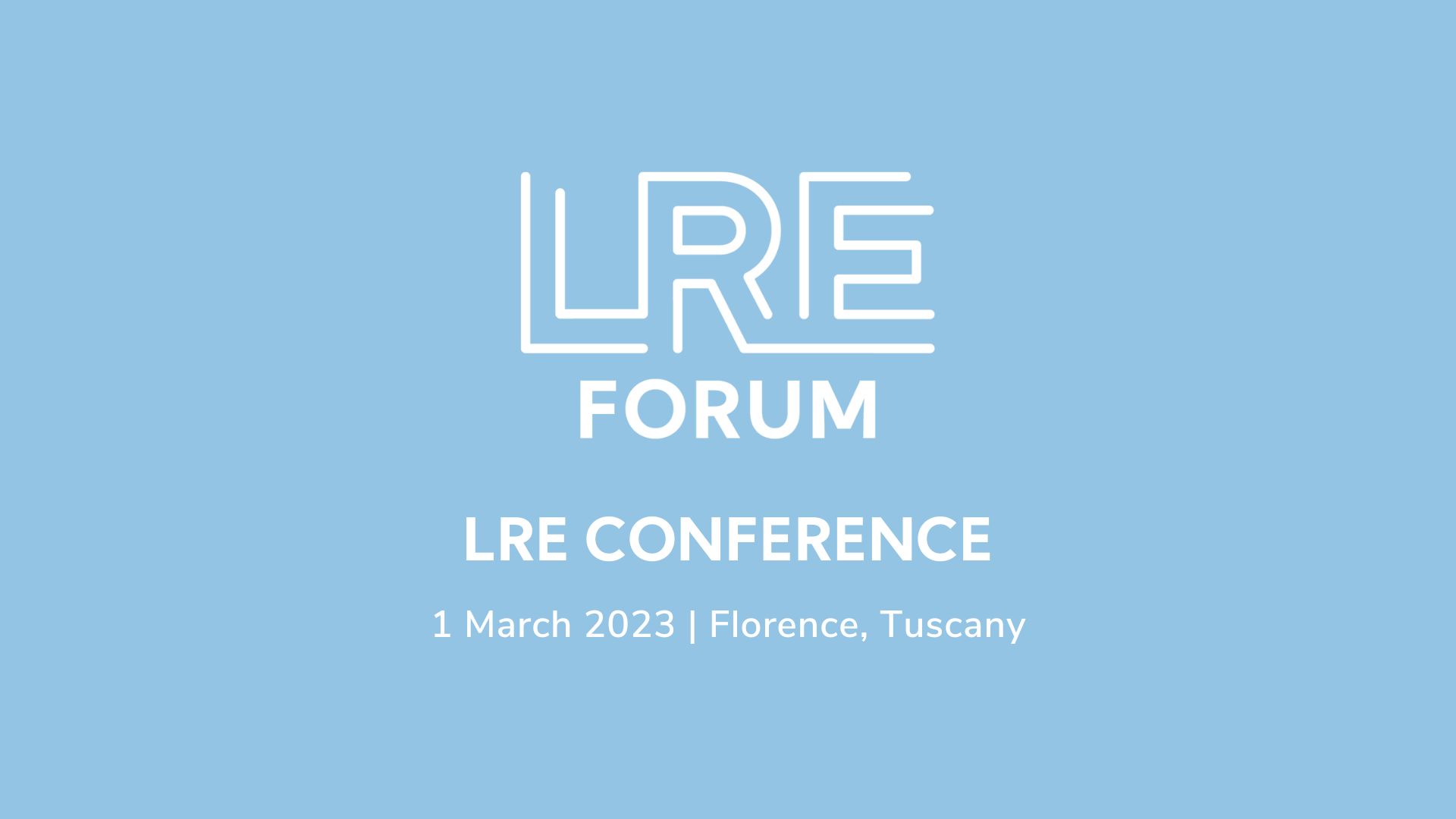The LRE Conference, which this year will take place on March 1 in Florence, is one of the key learning events of the LRE Forum, the Foundation’s annual multi-day event that brings together members, partners, and tourism stakeholders to hear updates from experts, network, and attend specialised travel trade events.
The British historian and author Keith Lowe has been appointed curator of this year’s Conference and will serve as moderator throughout the event.
In a video interview, we asked him about the programme and the central focus of this year’s LRE Conference.
All of the conference speeches and debates will revolve around one major concept: we are living in a time of social, political, and technological changes with an outstanding impact on the way we deal with remembrance. During the conference, academics and museum professionals from across Europe will explore the consequences of all these changes, and the threats that they pose to our communal understanding of the Second World War. Can nuanced history survive in the age of Twitter and Facebook? Does our compulsive memorialising of the war promote reconciliation or merely create more division? Are there parallels between today’s populism and the populism of the 1930s and 40s? Will the passing of the wartime generation open up new possibilities for debate, or merely shut them down?
In summary, should we resist the changing landscape of memory, or should we embrace it?
The LRE Conference 2023 programme
In the first part of the conference, Ukrainian historian and university professor Georgiy Kasianov (Head of the Laboratory of International Memory
Studies at Maria Curie-Skłodowska University) will deliver a keynote address on the use and abuse of WWII memory in Ukraine’s ongoing war.
Kasianov’s speech will be followed by a panel discussion featuring Hungarian historian Áron Máthé (Committee of National Remembrance, Hungary), researcher Jade McGlynn (Department of War Studies, Kings College, London) and historic professor Kees Ribbens (Institute for War, Holocaust and Genocide Studies, Amsterdam) on the impact of present-day nationalism on WWII memory and heritage.
In the third part of the conference, another panel discussion will take place, this time between German historian and cultural manager Gundula Bavendamm (Documentation Centre for Displacement, Expulsion and Reconciliation, Berlin), Polish historian and professor Paweł Machcewicz (Institute of Political Studies, Polish Academy of Sciences, Warsaw), and Slovenian historian, museologist, and politician Kaja Širok (School of Humanities, University of Nova Gorica). During the panel, the three current and former museum directors will discuss the intense pressures they have faced to tell the story of the war in particular ways.
The conference will eventually conclude with an interview with German author and political scientist Katrin Himmler about the importance of confronting the past and WWII history honestly.
Check out the video and let Keith Lowe’s words and thoughts guide you through a sneak peek of the LRE Conference 2023.
